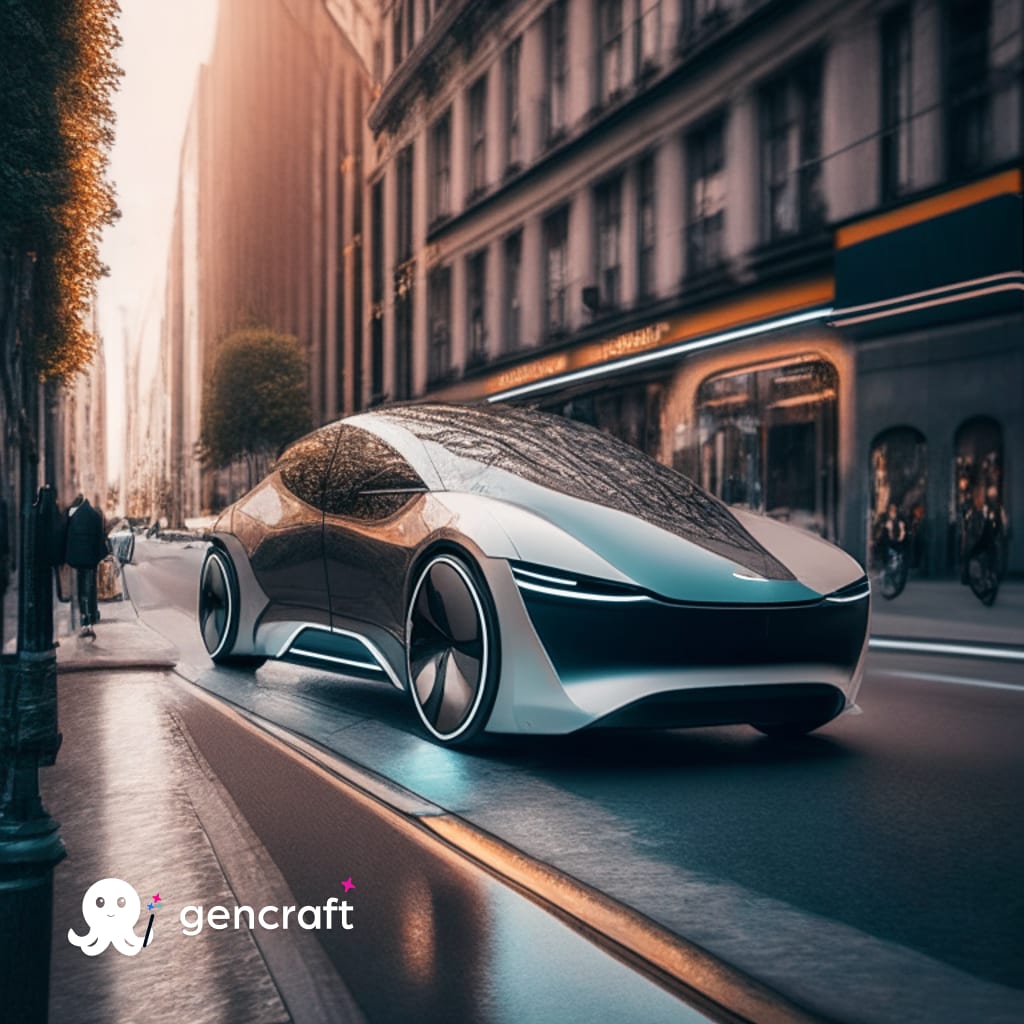The Rise of Electric Vehicles:
A Sustainable Transportation Revolution

In an era dominated by mounting environmental concerns and the urgent need for cleaner, more sustainable transportation options, the automotive industry is undergoing a profound transformation. Electric vehicles (EVs) are at the forefront of this revolution, heralding a new era of greener mobility. With zero-emission capabilities and remarkable technological advancements, EVs are driving a sustainable transportation revolution that promises a cleaner and brighter future for all.
Unlike their traditional internal combustion engine counterparts, EVs produce zero tailpipe emissions, making them an environmentally-friendly transportation option. By utilizing electricity, often sourced from renewable energy, EVs significantly contribute to air pollution reduction and help mitigate our reliance on fossil fuels. This paradigm shift towards cleaner transportation plays a vital role in creating a sustainable and habitable planet for future generations.
The progress in EV technology has played a pivotal role in their increasing popularity and acceptance. Major automakers are investing heavily in battery technology, leading to enhanced energy storage capacities and longer driving ranges. Furthermore, the emergence of fast-charging networks has addressed concerns regarding lengthy recharging times, making EVs a viable option for daily commuting and longer journeys.
Beyond their environmental advantages, electric vehicles provide notable economic benefits to consumers. With fewer moving parts, EVs require less maintenance and repair over their lifetime, resulting in reduced expenses for owners. Additionally, the cost of electricity is often lower than that of gasoline, translating into long-term savings on fuel expenses.
Governments worldwide have recognized the potential of electric vehicles in curbing emissions and improving air quality. Measures such as tax credits, rebates, and grants are being implemented to encourage individuals and businesses to embrace electric mobility. Governments are also prioritizing infrastructure development, ensuring the expansion of charging networks to facilitate convenient and accessible charging for EV owners.
A key challenge in the adoption of electric vehicles has been the availability of a comprehensive charging infrastructure. However, significant progress has been made in recent years. Public charging stations are becoming increasingly prevalent, with businesses, municipalities, and other stakeholders investing in the development of a reliable and widespread charging network. Technological advancements such as high-speed DC fast-charging are reducing charging times, enhancing the practicality and convenience of EV ownership.
Realizing the potential of electric mobility requires collaboration between governments, automakers, and various stakeholders. Leading automotive manufacturers are making ambitious commitments to electrification, aiming to produce an increasing number of electric models in the coming years. Moreover, partnerships and investments between the private sector and technology companies are driving innovation, advancing battery technologies, charging solutions, and infrastructure.
The rise of electric vehicles signifies a profound shift in the transportation landscape, promising a cleaner, greener, and more sustainable future. As the world unites in the pursuit of a sustainable environment, electric vehicles offer a compelling solution to reduce emissions and combat climate change. With ongoing technological advancements, the expansion of charging infrastructure, and robust government support, electric vehicles are poised to become the new standard on our roads.
By embracing this sustainable transportation revolution, we can pave the way for a cleaner, greener, and more sustainable future for generations to come. The combination of environmental benefits, technological advancements, economic incentives, and collaborative efforts positions electric vehicles as a key driver in the global transition to a sustainable transportation system.
In conclusion, the rise of electric vehicles represents a significant shift in the transportation landscape. As the world grapples with the challenges posed by climate change and pollution, EVs offer a promising solution to reduce emissions and create a sustainable future. With their zero-emission capabilities, technological advancements, and expanding charging infrastructure, electric vehicles are poised to revolutionize the way we move people and goods. Governments, automakers, and individuals must continue to support and invest in electric mobility to accelerate the transition towards a greener and more sustainable transportation system. Together, we can drive the sustainable transportation revolution and create a better future for our planet and future generations.
About the Creator
Enjoyed the story? Support the Creator.
Subscribe for free to receive all their stories in your feed. You could also pledge your support or give them a one-off tip, letting them know you appreciate their work.





Comments
There are no comments for this story
Be the first to respond and start the conversation.